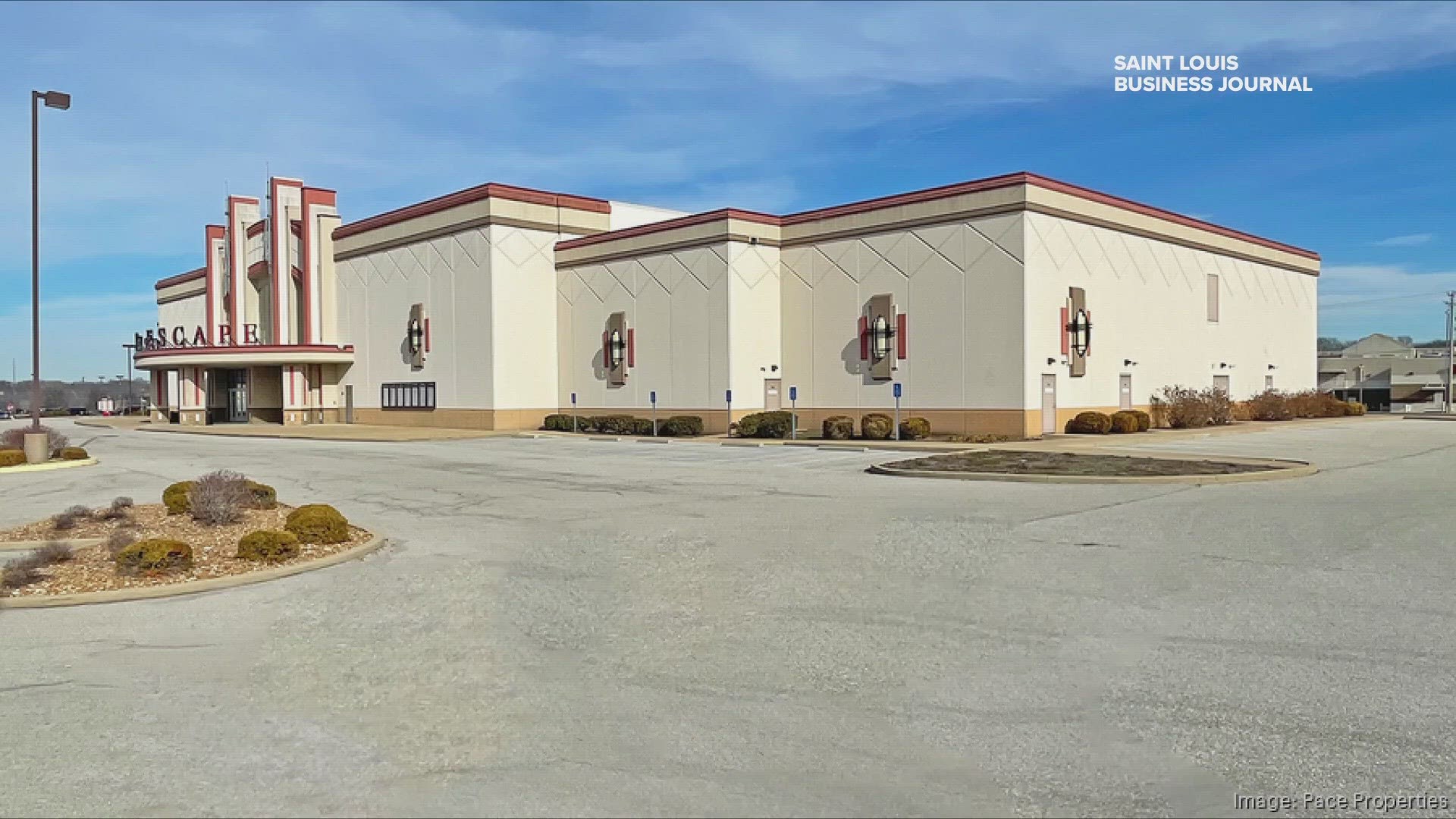ST. LOUIS — A judge has denied a bid to have him change the city of St. Louis' form that allows residents to seek refunds on its 1% earnings tax.
The ruling is part of an important lawsuit, filed in state court last month, over the future of the tax.
The lawsuit argues that the city is wrongly denying earnings tax refunds for nonresidents who are employed by firms in the city but worked at homes outside the jurisdiction during the pandemic. For last year, refunds on the tax, which often come because employers withhold the money, could be worth millions of dollars.
The city has issued a new E-1R form, which includes a requirement that employers and employees verify that "I understand that a regular work day does not include holidays, vacation, working remotely from home or other work absences." The new form also requires taxpayers to provide "substantiating documentation such as travel and mileage logs, airline or train tickets, lodging receipts, etc." when filing the form, according to the suit. The E-1R form for 2019 didn't include those requirements, the suit said, adding that the city has long issued refunds for the tax to non-city residents for days they worked outside the jurisdiction, as its earnings tax ordinance says it applies to nonresidents "for work done or services performed or rendered in the City."
Plaintiffs in the case had asked the judge, Christopher McGraugh of the St. Louis Circuit Court, to issue a temporary restraining order requiring the city to change the form for last year.
But McGraugh denied that bid, writing that the form doesn't prevent taxpayers from protesting taxes assessed in a process spelled out in state law, as some residents have already done.
Therefore, McGraugh wrote that the plaintiffs hadn't "demonstrated a threat of irreparable harm" absent injunctive relief. He also said that the plaintiffs "have not demonstrated their probability of ultimately being successful on the merits of the case."
Click here for the full story.



